
Topic
Community Development Field
Shelterforce considers “community development” to be an extremely broad term. But there are still many conversations about the ways in which that broad work happens. Comprehensively or in coalitions of specialized organizations? Locally or regionally? Place or people? While the answers to all of these are usually “both,” there are many conversations to be had about “how.”
The Latest

Criminalizing Homelessness: Supreme Court Case Gives Us a Chance to Change the Narrative
The Grants Pass decision will shape the way cities address homelessness in ways that may challenge housing advocates, but it also represents the best opportunity we've had in decades to change the narrative on homelessness and build stronger public will for housing.
Explore Articles in this Topic
Search & Filter Within this Topic
filter by Content Type
filter by Date Range
search by Keyword

How Tenant Activists Won Protections Against Mid-Lease Rent Hikes in Affordable Housing
Last year, we reported on tenants in Northern Virginia LIHTC properties whose rents were raised in the middle of their leases. Here’s how other states have banned the practice.
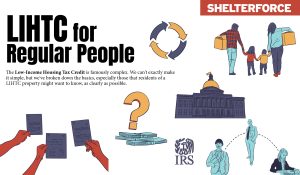
LIHTC for Regular People
The Low-Income Housing Tax Credit is famously complex. We can’t exactly make it simple, but we’ve broken down the basics, especially those that residents of a LIHTC property might want to know, as clearly as possible.

How to Reform the Low-Income Housing Tax Credit Program
Housing and policy experts agree that LIHTC has successfully increased the supply of affordable housing. But they also believe there’s room for improvement.

How Are LIHTC Rules Enforced—And How Well?
LIHTC developers must follow strict affordability rules—and fulfill other promises—for at least 30 years. While industry insiders insist compliance rates are high, tenant advocates say noncompliance is a real problem.
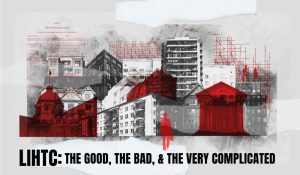
LIHTC: How It Started, How It’s Going
The Low-Income Housing Tax Credit was created in a moment when other real estate tax preferences were going away—but at the time, no one expected it to grow into the main source of affordable housing finance in the country.
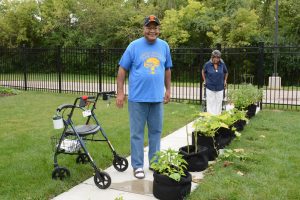
A COVID Upside: It Pushed Organizations to Do Better
During the pandemic, community development organizations had to work double-time to adapt to residents’ needs. For some, that work yielded important lessons about better helping their communities, permanently.

Making Housing More Accessible for People With Multiple Chemical Sensitivities
Accessibility for this challenging disability can look different from other measures—but addressing it could help improve everyone’s health.
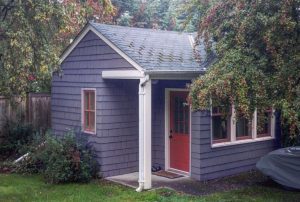
FHA Changes Could Make ADU Construction More Affordable
The Federal Housing Administration may soon allow homeowners to count projected rent toward their qualifying income to build an accessory dwelling unit. While ADU advocates call the change “monumental,” the proposed policy isn’t perfect.

Who Can Afford Housing in Madison, Wisconsin?
The city is growing fast and building a lot of housing. But the new housing isn’t keeping pace with the need, especially for high-income and extremely low-income earners.

Eminent and Notorious: Radical Urban Planner Chester Hartman (1936-2023)
An appreciation of the life and work of Chester Hartman, a radical planner in the service of a vision of social justice.

Philanthropy Has Been Trying to Buy Buildings for the Arts for Years. Now We Know It Works.
San Francisco’s CounterPulse shows how arts organizations can take advantage of a lease-to-own model.
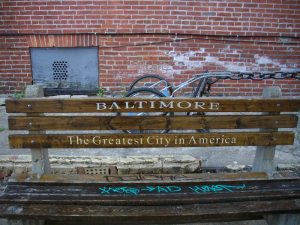
The Dirty Little Secret—Rising Property Values Are Incompatible with Affordability
Rising property values come with positive community development, but this shift can make neighborhoods inaccessible to low-income renters and fixed-income homeowners.
